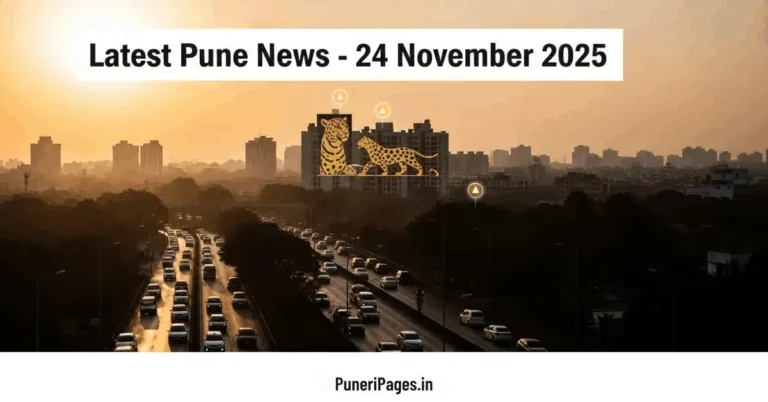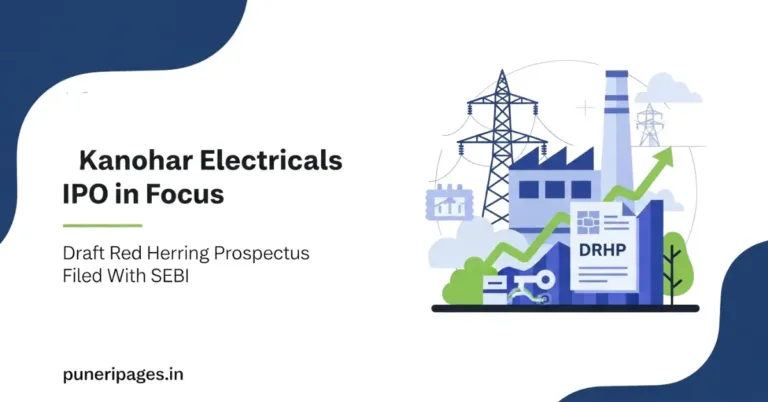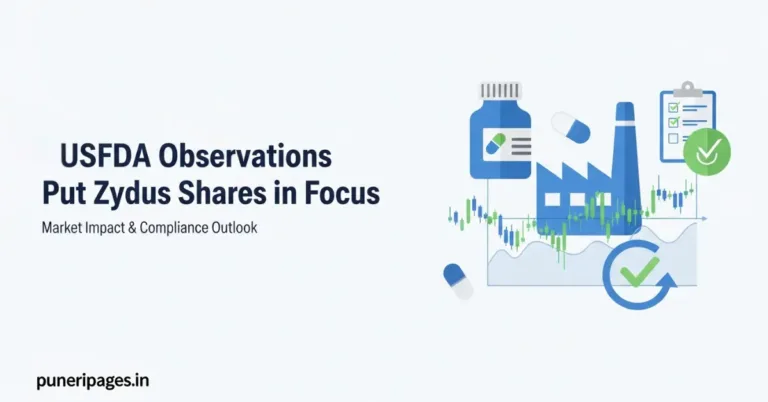
Rohit Pawar addresses media, calls ED chargesheet a politically motivated move.
By Prashant for PuneriPages.in
When I first saw the headlines about Rohit Pawar and the Enforcement Directorate (ED), my first reaction was probably like yours: “Another politician in trouble, but is there more to it?” So, I decided to dig deeper—not just to understand what’s happening, but to help others (maybe you too) who want the full picture beyond just news flashes.
Table of Contents
What is the Maharashtra State Cooperative Bank (MSCB) Scam?
Alright, let’s rewind. The MSCB case has been in the spotlight for a while now. In simple terms, it revolves around how loans were allegedly given out in shady ways by the Maharashtra State Cooperative Bank. These loans eventually led to sugar mills being auctioned off dirt cheap to handpicked buyers.
And that’s where Rohit Pawar enters the frame. His company, Baramati Agro, is accused of buying the Kannad sugar mill under questionable circumstances. According to the ED, the deal wasn’t as clean as it looked on paper.
What’s the ED and Why Is It Involved?
Think of the ED like the financial crime watchdog of India. They dig into cases where money laundering is suspected, and this one’s under the Prevention of Money Laundering Act (PMLA). When money trails start to look fishy, they step in.
In this case, they’re saying the assets acquired by Baramati Agro are linked to money that came through illegitimate means — in short, “proceeds of crime.”
Two Very Different Sides to the Story
Let’s break this down like a face-off, because that’s exactly what it feels like right now:
| The ED’s Take | Rohit Pawar’s Stand |
|---|---|
| Baramati Agro got the sugar mill through a rigged auction. | The auction was legitimate, and there’s no wrongdoing. |
| It’s part of a bigger money laundering scam. | This is a politically motivated attack. |
| The company used illegal money for the purchase. | The process was legal, clean, and above board. |
And now, Rohit Pawar is saying he’s ready to take this fight to the Supreme Court. That’s not just a legal move—it’s a strong political message, one that tells his supporters he’s not backing down anytime soon.
Why All This Noise Matters Politically
Rohit Pawar isn’t just any MLA—he’s part of the powerful Pawar family, and in recent months, he’s been vocal against the current government. So, when he says this case is an attempt to silence him, a lot of people are listening.
It fits into a pattern that many opposition leaders have pointed out—where central agencies like the ED suddenly become active when elections are near or criticism is loud.
What Happens Next? (Legal Tracker Time)
So far:
- ✅ Chargesheet Filed
What’s coming:
- 🕵️♂️ Court Cognizance: The court has to decide if there’s enough in the chargesheet to proceed.
- ⚖️ Framing of Charges: If the court says yes, formal charges are framed.
- 📚 Trial Begins: That’s where evidence from both sides comes in, and we get to the real meat of the matter.
Some FAQs That I Had (And Maybe You Do Too):
Q: Does being named in a chargesheet mean he’s guilty?
A: Nope. It just means the ED thinks it has enough evidence. Guilt or innocence is decided only after a full trial.
Q: Can he be arrested?
A: Under PMLA, yes, if the court feels it’s needed. But he hasn’t been arrested yet.
Q: Why the Supreme Court?
A: It’s about showing he’s ready to take this fight all the way—and that he believes this is about more than just legalities. It’s a political battle too.
Final Thoughts
If you’re from Maharashtra or just someone who follows Indian politics, this is definitely one of those stories you’ll want to keep an eye on. It’s not just about money, mills, or even just Rohit Pawar. It’s about how law and politics mix—and what that means for democracy.
I’ll be tracking this case closely. So if you want updates in a language that’s not legalese or political spin, stick around. We’ve got a lot more to uncover.






